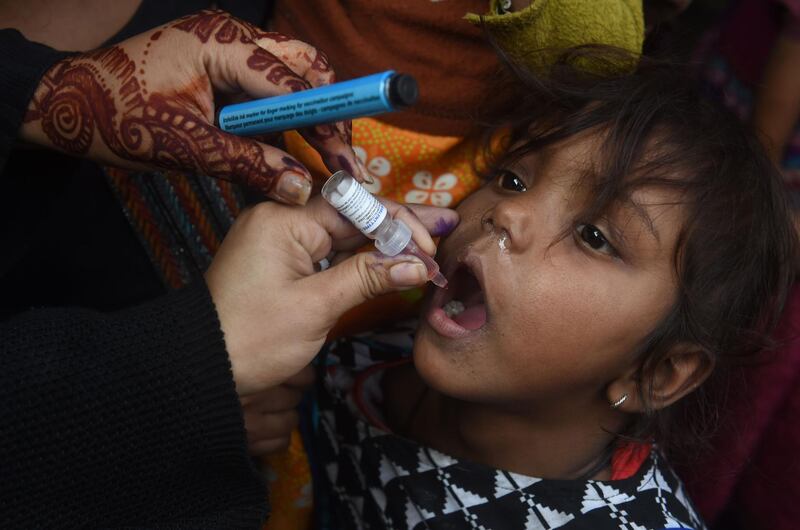Over recent decades there have been tremendous victories in the war on deadly communicable diseases, such as smallpox, measles and polio. Yet 222 years after the discovery of the science of immunisation, many children around the world are still falling prey to illnesses that, by rights, should no longer exist. Vaccinations prevent sickness, disability and death from conditions including cervical cancer, diphtheria, hepatitis B, measles, mumps, rubella, pertussis (whooping cough), pneumonia, polio, rotavirus diarrhoea and tetanus. But, last year, 20 million children around the world were not vaccinated against one or other of these diseases, and 1.5 million of them died.
Vaccinations spare future generations horrors that were once common. Smallpox – which led to the discovery of vaccines by the English doctor Edward Jenner in 1796 – was declared eradicated in 1980. In 1988, polio crippled 350,000 people, mainly children, in 125 countries. Last year, thanks to a vaccine programme launched by Sheikh Mohamed bin Zayed, Crown Prince of Abu Dhabi, together with the Gates Foundation, there were just 22 reported cases in three countries. Great work is being done by organisations such as the Global Alliance for Vaccines and Immunisation (Gavi).
Since 2000, Gavi has immunised 700 million children worldwide, saving an estimated 10 million lives. But as the group's vaccines summit in Abu Dhabi underlined, more remains to be done. Children in wealthy nations are increasingly being denied access to life-saving immunisations because of dangerous lies peddled by so-called "anti-vaxxers" – individuals, who, for reasons best known to themselves, believe vaccinations to be damaging to health. More worrying still, those in the developing world are falling victim to disinformation campaigns carried out by rogue nations, with the sole intention of spreading chaos and misery across the globe.
New technology is being deployed in the effort to ensure that all children are immunised against life-threatening diseases. Drones deliver vaccines to remote communities. Solar-powered fridges preserve medicines in areas without electricity. Apps remind parents to take children for all-important follow-up inoculations. But social media and the internet is also being recruited by individuals and states determined to spread anti-vaccination conspiracy theories.
The resurgence of the discredited idea that the measles, mumps and rubella vaccination causes autism has led to alarming drops in vaccination rates and corresponding increases in outbreaks of measles, in the US and across Europe. The reality is that since 2000 the measles vaccine alone has saved more than 20 million lives worldwide. It is unconscionable that alongside the war on disease, organisations such as Gavi are obliged to divert precious resources to counter the propaganda of anti-vaxxers and rogue nations. All of us, from parents to governments, have a moral duty to protect children against disease. Those who refuse to protect their families or are willing to put innocent, young lives at risk in their pursuit of power should hang their heads in shame.





